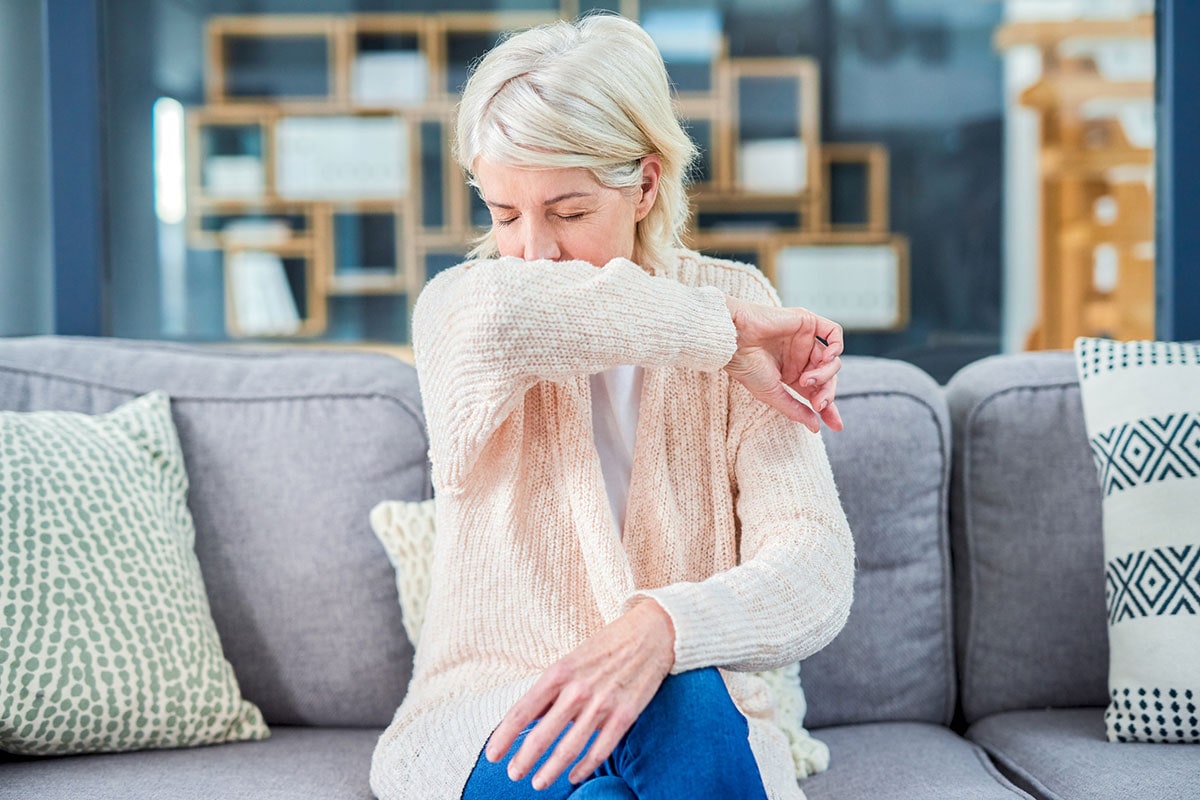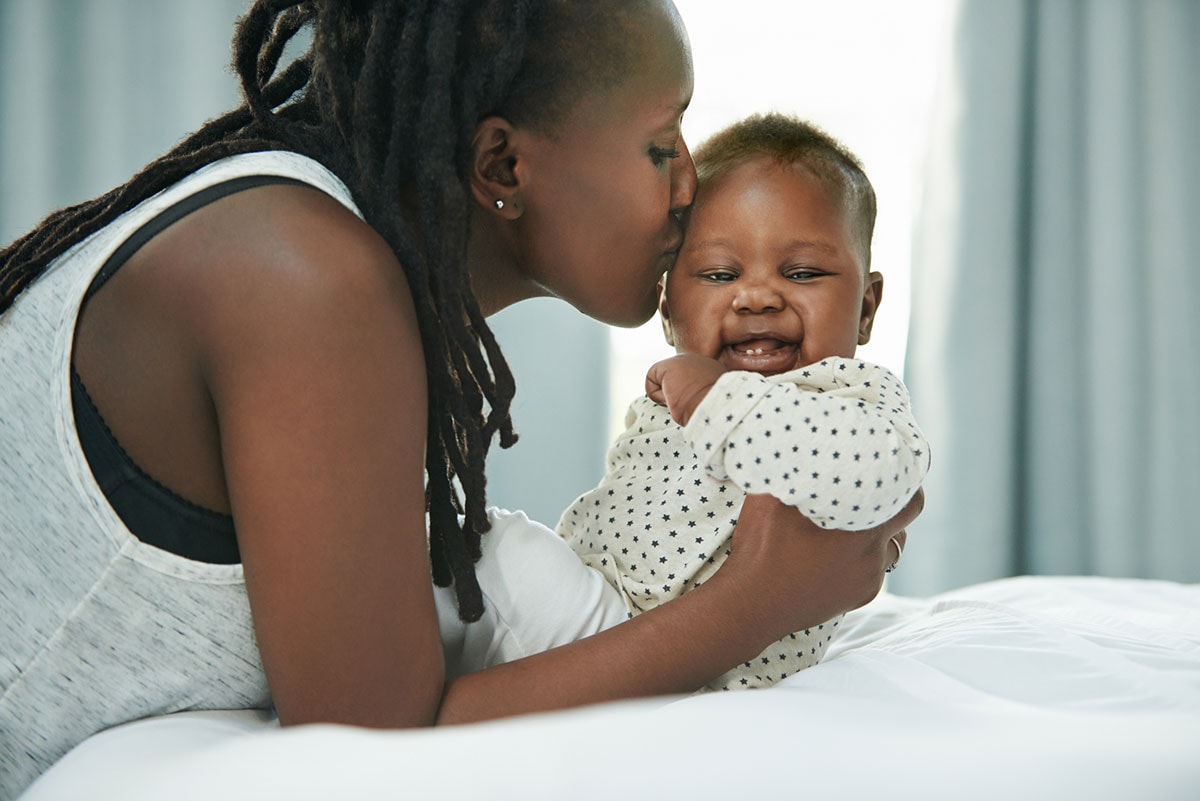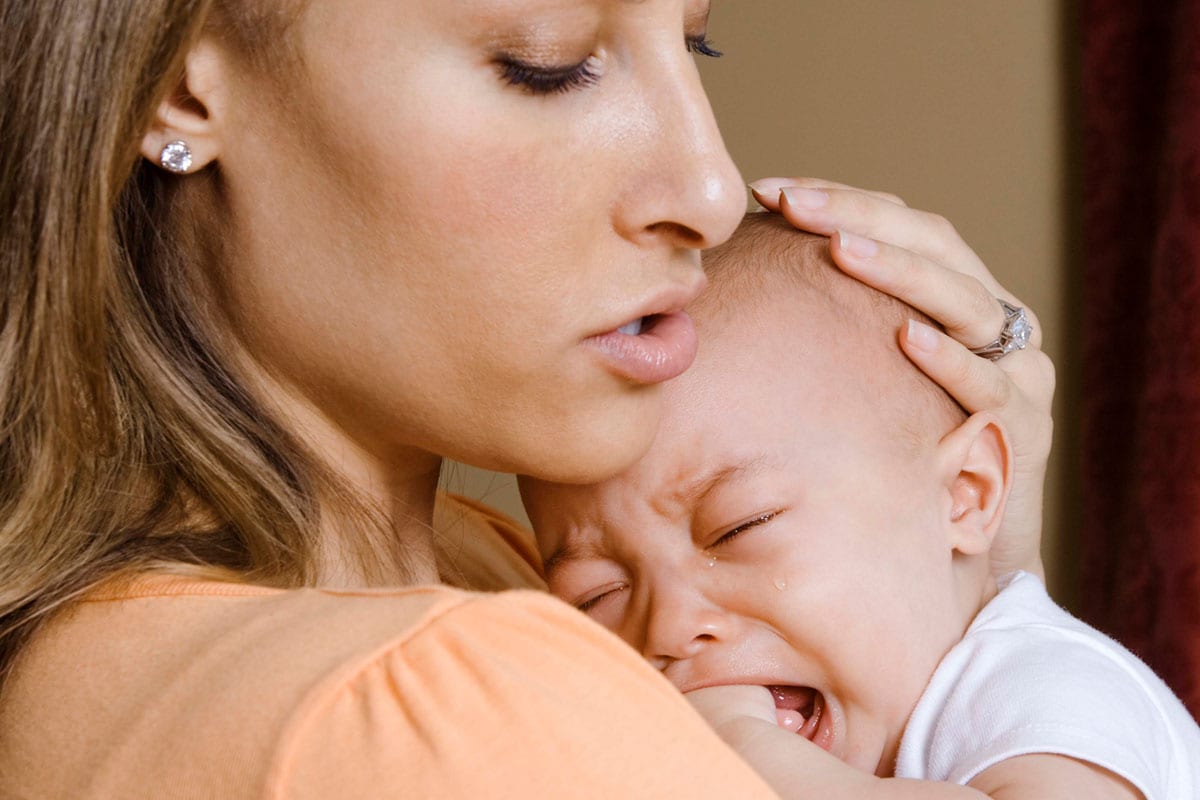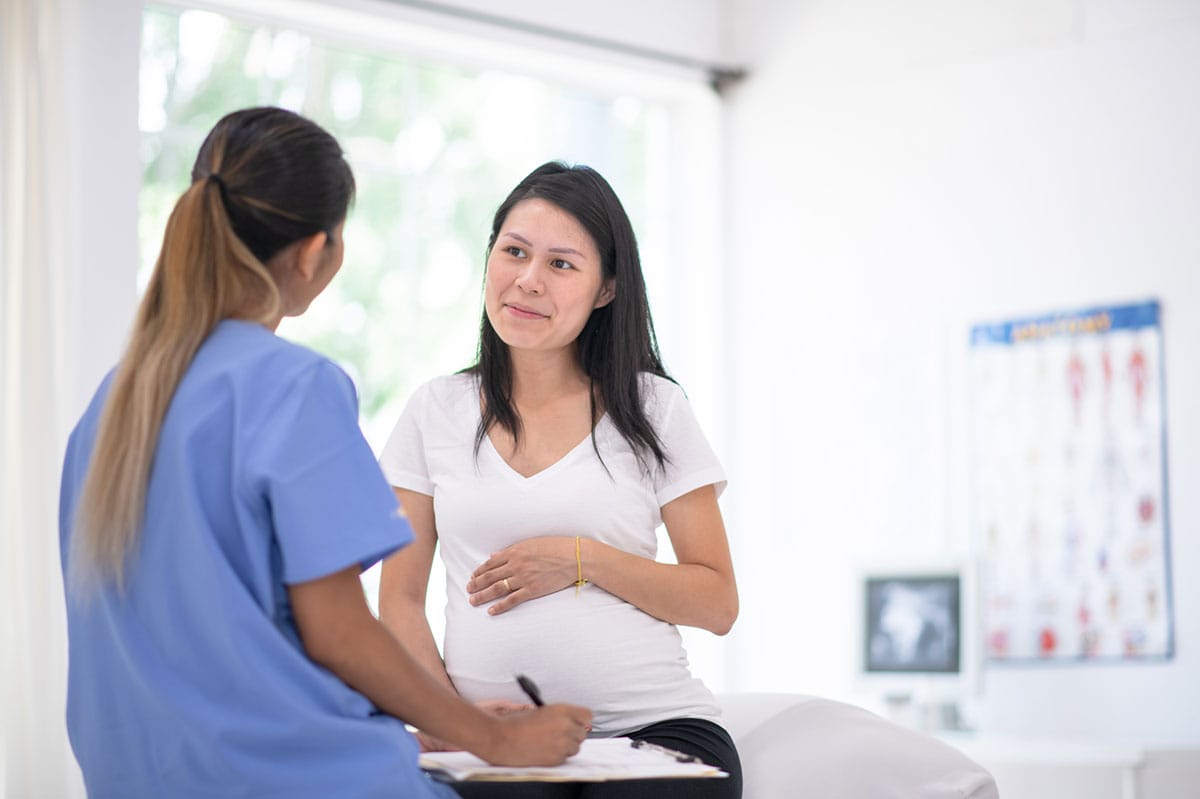Diagnosis and Treatment
Treating whooping cough (pertussis) early with antibiotics may make the infection less serious and help prevent spreading the bacteria that cause it to others.
See a doctor if you think you or your child may have whooping cough.
Doctors diagnose whooping cough by considering if you have been in contact with someone who has whooping cough and by doing a
- History of typical signs and symptoms
- Physical exam
- Laboratory test of a mucus sample from the back of the throat
- Blood test
Doctors generally treat whooping cough with antibiotics. There are several antibiotics available to treat whooping cough.
It’s very important to treat whooping cough early, before coughing fits begin.
Treating whooping cough early can
- Make the illness less serious
- Help prevent spreading the bacteria that cause it to others
Starting treatment after three weeks of illness is unlikely to help even though most people will still have symptoms. By then, your body has gotten rid of the bacteria, but the symptoms are still there due to the damage already done to your body.
Managing symptoms at home
Manage whooping cough symptoms and reduce the risk of spreading the bacteria to others.
Do not take cough medicine unless your doctor recommends them.
- Take antibiotics exactly as prescribed by the doctor.
- Keep your home free from irritants – as much as possible – that can trigger coughing, such as smoke, dust, and chemical fumes.
- Use a clean, cool mist humidifier to help loosen mucus and soothe the cough.
- Wash hands often with soap and water for at least 20 seconds.
- Eat small meals every few hours to help prevent vomiting.
- Get plenty of fluids, including water, juices, and soups, and fruits to prevent dehydration (lack of fluids).
- Do not take cough medicine unless your doctor recommends them. Giving cough medicine probably will not help and is often not recommended for children younger than 4 years old.
Report signs of dehydration to your doctor immediately.
Signs of dehydration include
- Dry, sticky mouth
- Sleepiness or tiredness
- Thirst
- Decreased urination or fewer wet diapers
- Few or no tears when crying
- Muscle weakness
- Headache
- Dizziness or lightheadedness
Getting treatment in a hospital
Whooping cough can sometimes be very serious and can cause complications, especially for babies. People with serious illness or complications need care in the hospital. About a third of babies younger than 1 year old who get whooping cough need care in the hospital.
Hospital treatment of whooping cough usually focuses on
- Keeping breathing passages clear. This may require suctioning (drawing out) mucus.
- Monitoring breathing and giving oxygen, if needed.
- Preventing or treating dehydration. People might need intravenous (IV, through the vein) fluids if they show signs of dehydration or have difficulty eating.



